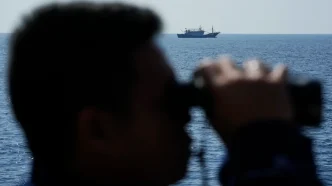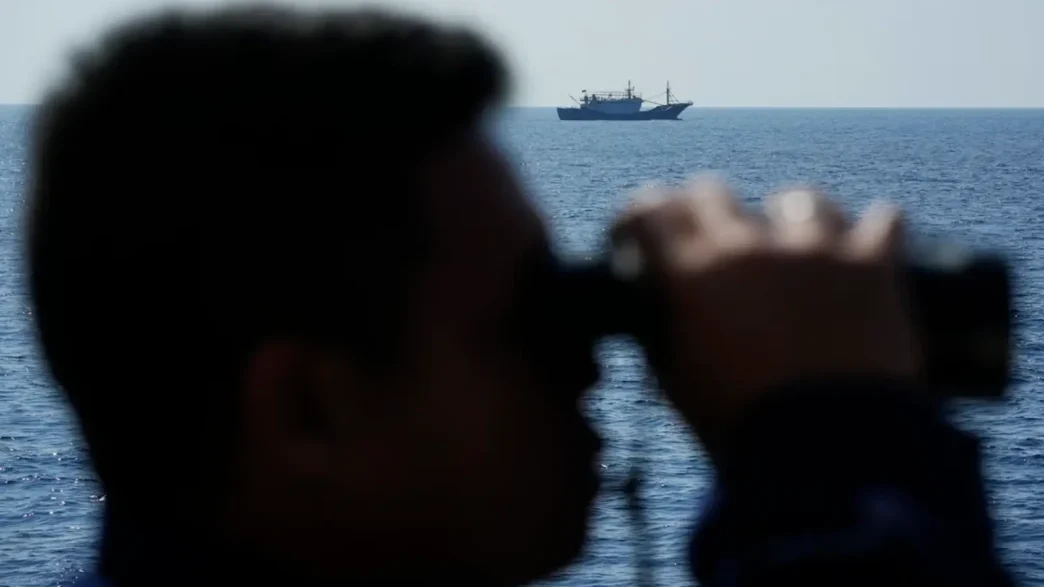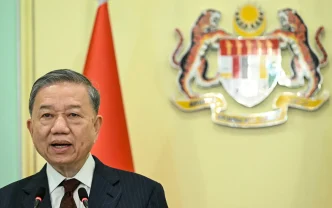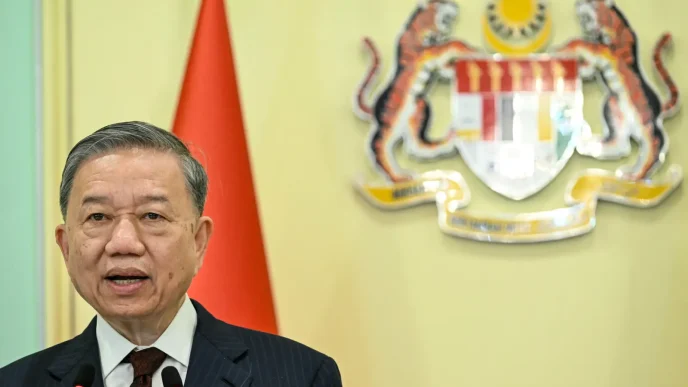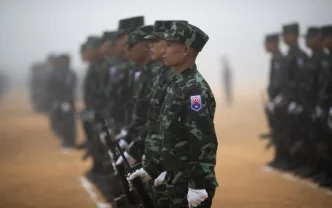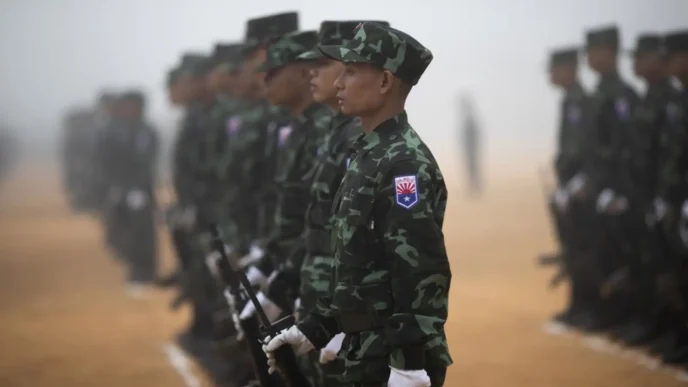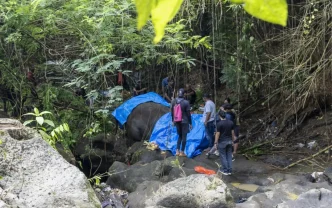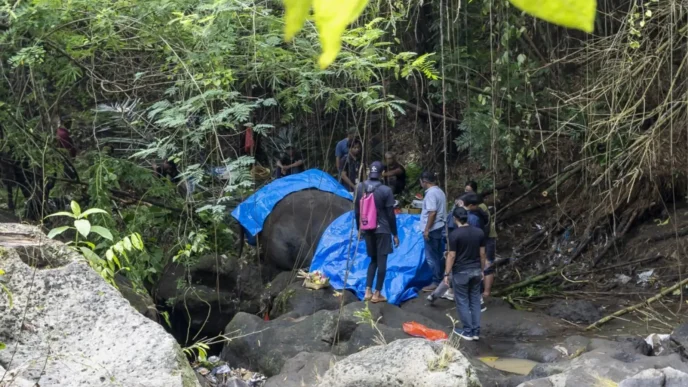Beijing claims nearly all of the South China Sea, through which US$5 trillion in trade passes annually. (AP pic)
MANILA: The Philippines ratified today a key defence pact with Japan, which allows them to deploy troops on each other’s soil as they boost ties to bolster against China’s growing pressure.
Both countries are long-time allies of the US, which has been strengthening an arc of alliances to deter China’s disputed territorial claims in the Pacific.
The pact – which also allows for increased joint combat drills – was ratified by the Philippine senate with no negative votes or abstentions, Senate president Francis Escudero said.
Lawmakers in Tokyo will also need to vote through the treaty before it takes effect, Japan’s embassy said.
“Ratifying the agreement further affirms the strategic partnership between the two countries and their mutual goal to enhance contribution to regional and international peace, security and stability,” the senate said in a statement.
“The agreement will expand the defence cooperation of the Philippines and Japan in the maritime domain amid shared security challenges.”
Negotiators from both countries finished brokering the pact in July, after seven months of talks.
Whilst Japan invaded the Philippines during World War II, nowadays they have common military ties to the US and are increasingly at loggerheads with China.
Japan hosts around 54,000 American troops but clashes with China over the ownership of islands, controlled by Tokyo, in the East China Sea.
Filipino and Chinese vessels regularly clash around a disputed shoal Beijing seized from Manila in 2012.
Between Japan and the Philippines, Taiwan has increasingly become a flashpoint.
Beijing claims the self-ruled island in full and has not ruled out using force to back its rhetoric.
China claims nearly all of the South China Sea, through which US$5 trillion in trade passes annually, and has brushed off an international ruling that its assertion has no legal basis.
